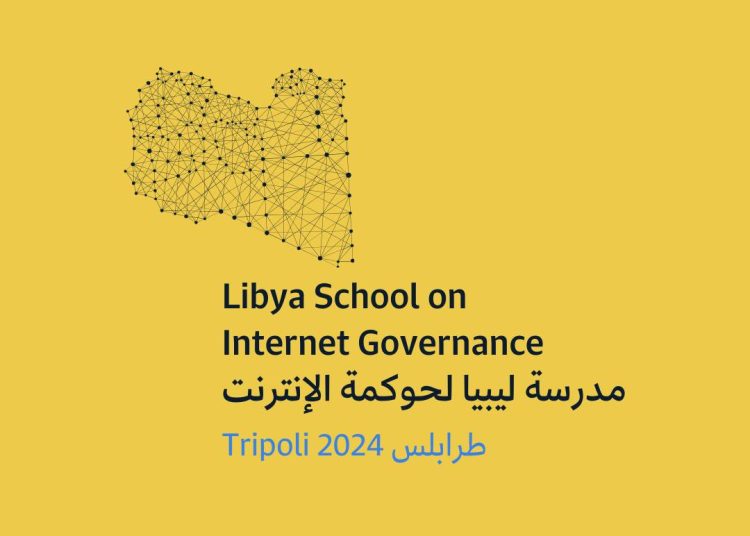The first session of the Libya School of Internet Governance, which was held in Tripoli between August and September, concluded. This event came after a series of online meetings in August organized by the Anir Initiative in collaboration with the Internet Society of Libya. During the event, a group of local and international experts in the fields of technology and Internet governance were hosted, where knowledge and experiences were exchanged in a fruitful manner. In addition, participants were introduced to a wide network of experts, technical activists and local organizations with long experience in Internet issues.
The event covered a variety of topics during the three days, including the history of the Internet, the concept of Internet governance, and its relationship to security and national data sovereignty. Important issues such as disability rights and accessibility, digital rights activism, and privacy and data protection laws in the North Africa and West Asia region were also discussed.
The trainees between August and September had a unique learning experience that some described as a rare learning opportunity. Trainee Abdul Qader Shahloul, an activist interested in information technology, said, “The most important topics raised in the training, which I want to focus on from now on, are data protection and cybersecurity. We may think that these are unimportant matters and that our data is normal, but some of them are sensitive information and may be considered national security for the state. I advise everyone to take advantage of this opportunity because it opens new doors to learn about Internet governance, which the era is heading towards and we must keep up with it in Libya.”
While trainee Salma Younis, a faculty member, encourages everyone to participate in this opportunity and says, “As an Internet user, I learned new concepts from the beginning of the training and I have started searching more on the Internet to expand these concepts. I advise anyone who is interested to register for upcoming opportunities to learn about the history of the Internet, Internet governance and its basics.”
The Libya School of Internet Governance seeks to motivate the Internet community in Libya to form a network of professional leaders who are able to participate effectively in Internet issues. To this end, the school presented presentations on important institutions and conferences to encourage those interested in participating in them, such as the Internet Governance Forum, and the Internet Society Global Assembly.
Globally, Internet Governance School programmes are designed to develop Internet governance capabilities at the local and global levels, and Internet Governance Schools have spread widely, with more than twenty schools now operating worldwide.
The school programme was launched in July and extended for 10 hours of instruction throughout August, including webinars, virtual workshops, and interactive sessions. The training in Tripoli brought together participants from Benghazi, Tobruk, Sirte, Shahat, Misrata, and Tripoli, and included interactive activities, networking opportunities, and presentations by experts at the local and international levels.
As part of the results of the school training, Amjad Badr Al-Shuwaidi said about the Libyan Internet community, “This school comes as part of the efforts to build local capacities to work on various Internet governance courses, especially with the increasing need to work on creating a safer digital space, with clear regulatory policies that are in line with the hopes and aspirations of Internet users in Libya.”








